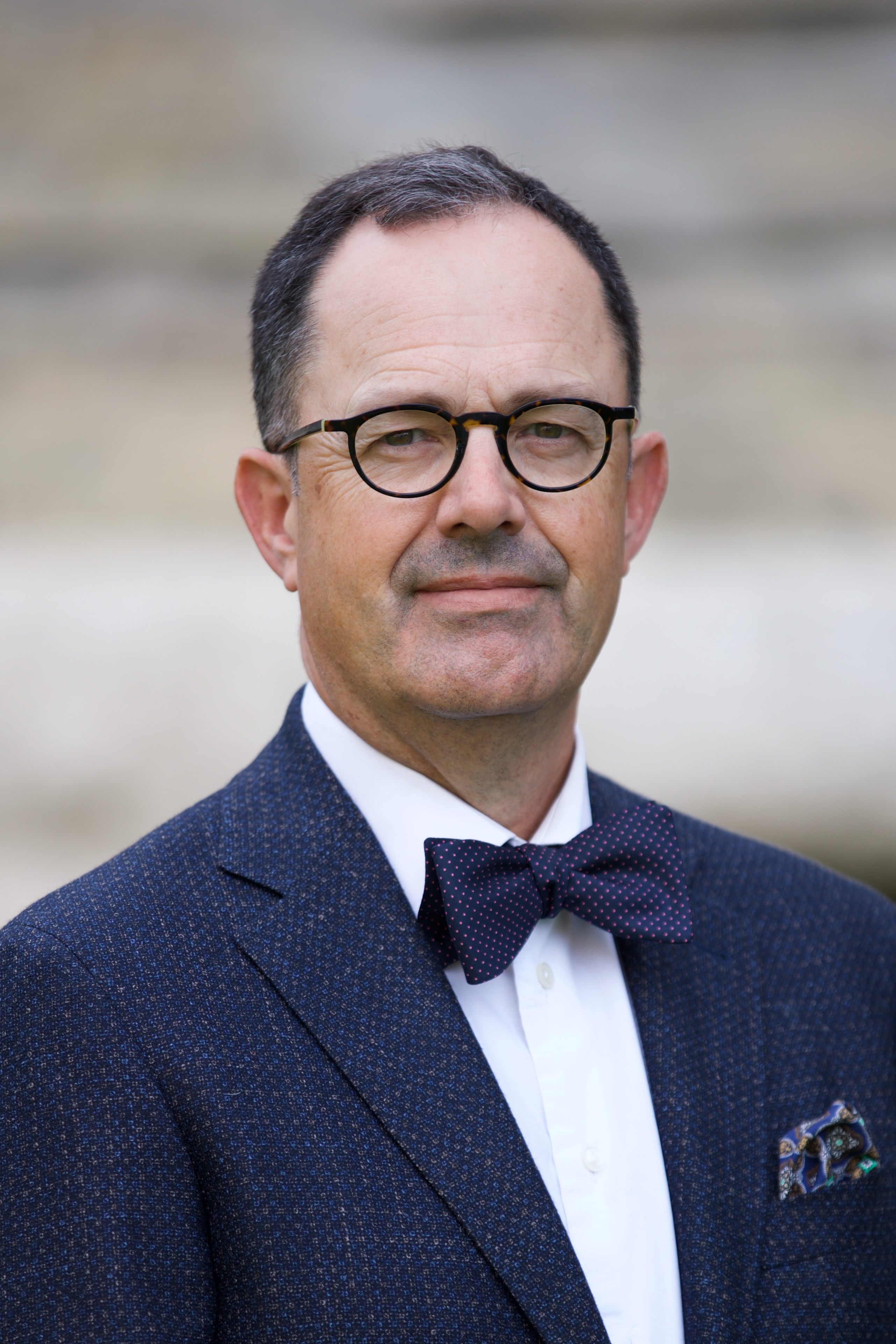Message from the Dean
 Greetings to all! I began my term as dean of medicine and dean of the Rady Faculty of Health Sciences in September after seven years as vice-dean, research in the faculty. As a clinical nephrologist at HSC, medical director of Transplant Manitoba, and medical advisor (organ transplantation) at Canadian Blood Services, I have first-hand experience on the demands of clinical practice, research and teaching.
Greetings to all! I began my term as dean of medicine and dean of the Rady Faculty of Health Sciences in September after seven years as vice-dean, research in the faculty. As a clinical nephrologist at HSC, medical director of Transplant Manitoba, and medical advisor (organ transplantation) at Canadian Blood Services, I have first-hand experience on the demands of clinical practice, research and teaching.
I first want to acknowledge the hard work and dedication of all physicians as we enter the third year of the pandemic. At the University of Manitoba, we are grateful to our faculty members across the health system and around Manitoba who, despite all of today’s challenges, are committed to our mission to lecture, teach, mentor on the wards and lead small group sessions for our medical students and residents.
As many of you are aware, in October, Doctors Manitoba and the Manitoba Chambers of Commerce released a joint report on addressing physician shortages in rural and Northern Manitoba. The recommendations on ways to attract and retain more physicians to rural and northern locations in Manitoba were a result of an innovative rural health summit held in Portage as well as additional research and consultation.
Among the recommendations to increase physicians in Manitoba was to consider expanded training. Today’s health care crisis and focus on primary care is igniting medical school expansions across Canada. We may be called upon to expand our own training capacity in post-graduate and under-graduate MD and master of physician assistant studies programs in the not-too-distant future in support of the Province’s efforts to meet the health care needs of Manitobans.
Another recommendation to retain physicians called on finding new models of care building teams of health professionals inclusive of physicians, physician assistants, nurses, nurse practitioners and allied health professionals.
From a faculty perspective, we are embracing this paradigm already. The Rady Faculty of Health Sciences strives to be a leader in interprofessional education and promote interprofessional collaboration (IPC) among all health professions. Importantly, we have been increasing interprofessional clinical practice opportunities for our learners around the province.
As we look ahead to the new year, I anticipate more emphasis on team-based care and how we can work together in Manitoba as physician and academic leaders to meet our current health system and workforce challenges.
I wish you all a happy new year and a healthy and relaxing holiday season.